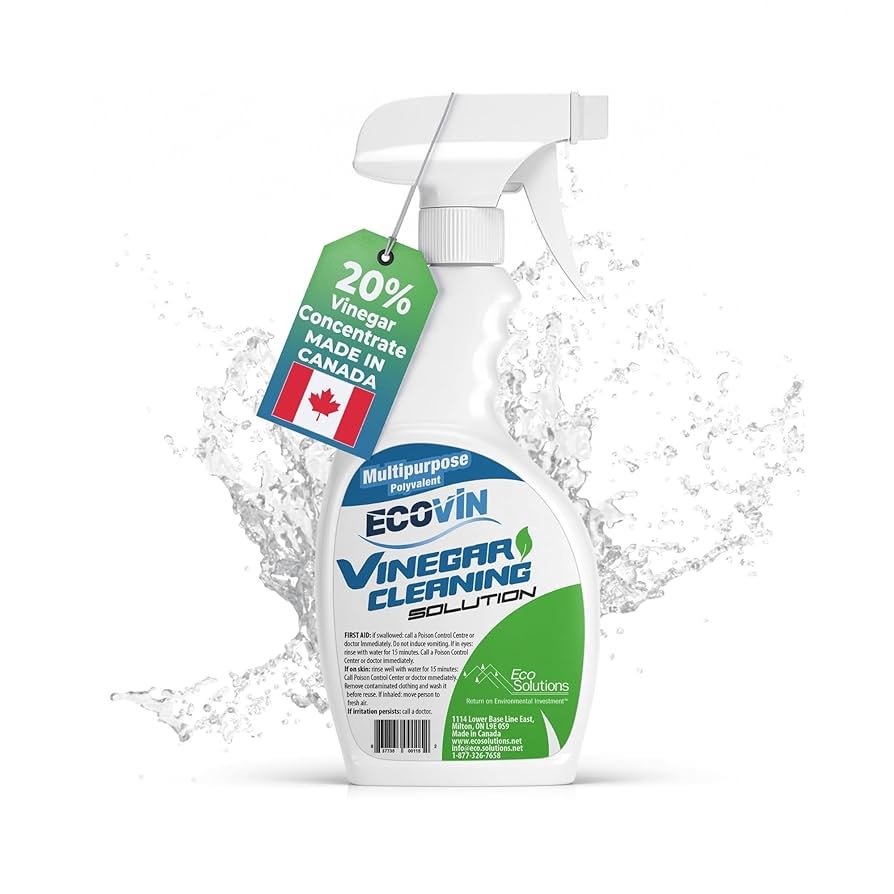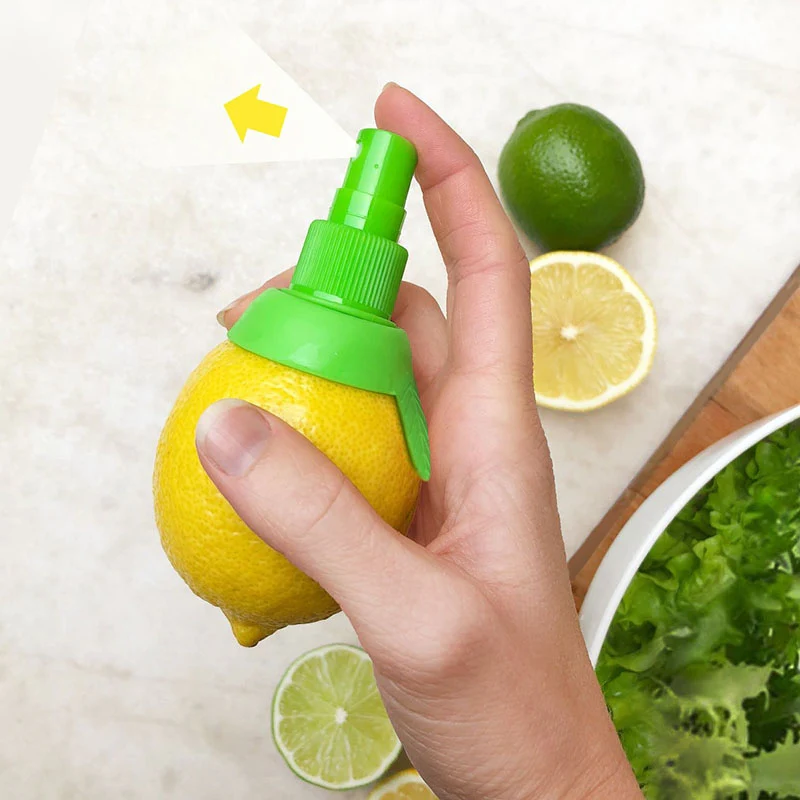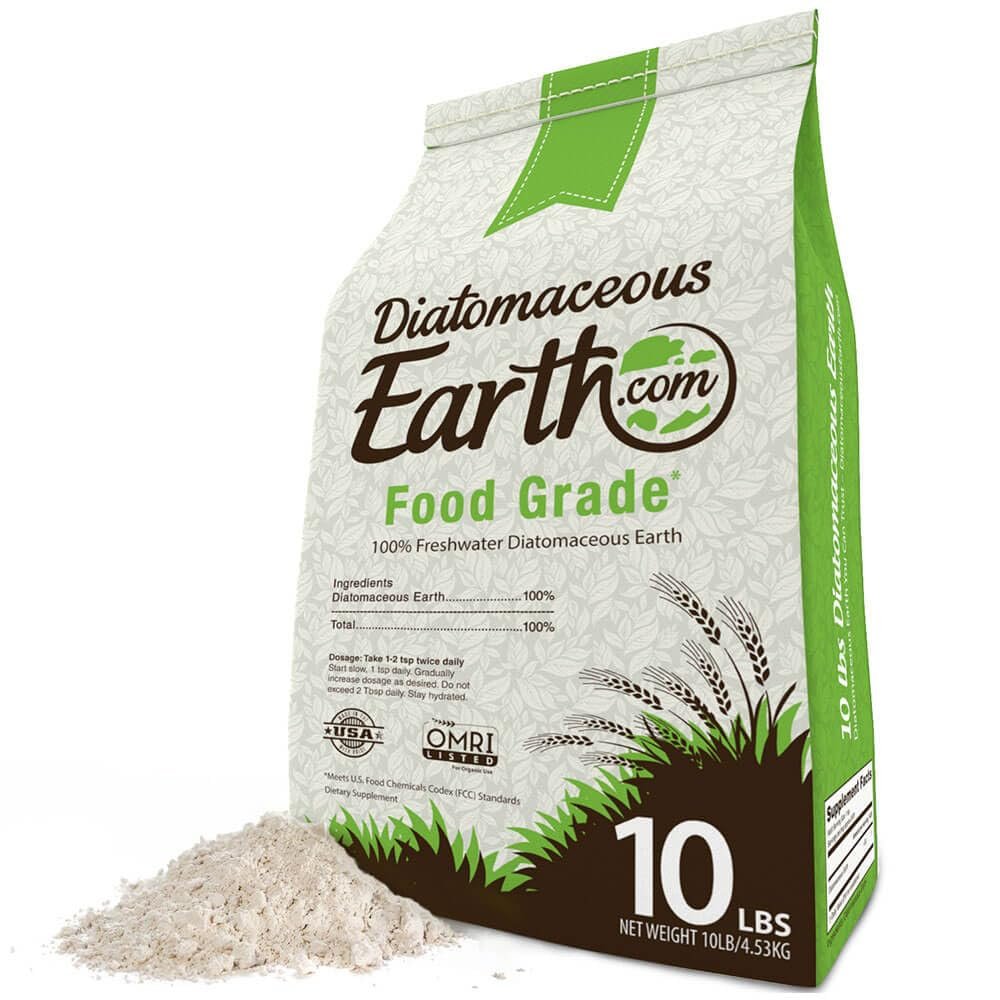
Ants may be small, but when they march into your kitchen, pantry, or even outdoor seating area, they quickly become a nuisance. For many people, the go-to DIY solution involves borax, but not everyone feels comfortable using it—especially in homes with pets or children. The good news? There are plenty of safe, natural, and effective ways to get rid of ants without ever reaching for borax.
Over time, I’ve learned that fighting ants doesn’t mean loading your home with harsh chemicals. In fact, the simplest household ingredients—like vinegar, cinnamon, or lemon—often work the best. These remedies don’t just mask the problem; they disrupt ant trails, repel them, or even eliminate them at the source. If you’ve been searching for safer alternatives, here’s a breakdown of natural ant killers that are easy to make and surprisingly effective.
Why Avoid Borax?
Borax may be a common DIY ant control ingredient, but it does come with safety concerns. It’s toxic when ingested and can be irritating to the skin and eyes. For households with curious kids, dogs, or cats, even a small spill could become an unnecessary risk. That’s one of the main reasons many people look for gentler, natural solutions.
The good news is that ants aren’t exactly resilient to natural deterrents. They rely heavily on their scent trails to navigate, and simple household ingredients can disrupt these trails, repel them, or even kill them outright. You don’t need anything fancy—just everyday kitchen staples that you probably already have.
So, skipping borax doesn’t mean compromising effectiveness. It just means taking a safer, more natural route while still keeping your home ant-free.
Vinegar Spray Solution

One of the easiest and most effective natural ant killers is vinegar. Ants rely on pheromone trails to find their way to food sources, and vinegar completely wipes those trails clean. A simple solution of equal parts white vinegar and water in a spray bottle works wonders.
Spray it directly on ants, along their trails, or near entry points like windowsills, door frames, or cracks in the floor. Not only does vinegar kill ants on contact, but it also discourages them from returning. It’s inexpensive, safe, and eco-friendly.
I like to use vinegar as a first defense because it acts quickly. If you’re dealing with an active trail of ants, a few sprays usually send them scattering within seconds. Plus, it leaves surfaces fresh and clean.
Cinnamon Barrier

Cinnamon doesn’t just smell amazing—it also works as a natural ant deterrent. Ants hate crossing powdered cinnamon because it disrupts their sense of smell. You can sprinkle cinnamon near doors, windows, or wherever ants are sneaking in.
To make it even more effective, some people mix cinnamon powder with a little essential oil (like cinnamon oil) and use it as a paste or spray. The strong scent creates an invisible barrier that ants just won’t cross.
I’ve found this especially handy in outdoor spaces. A line of cinnamon powder around a picnic table or patio keeps ants away without needing to spray chemicals around food areas.
Lemon Juice Spray

Lemon juice is another powerful ant repellent. The acidity interferes with ant trails in much the same way vinegar does, but with the added bonus of a fresh citrus scent. Mix equal parts lemon juice and water in a spray bottle, and you have an easy, natural ant spray.
Use it on countertops, around the base of your kitchen cabinets, or outside near doors. The citric acid doesn’t just confuse ants; it also makes your home less appealing for them to explore.
What I love about lemon juice is that it feels like a double win—it helps with ants while leaving behind a clean, fresh smell that brightens up the kitchen.
Essential Oil Ant Repellent

Essential oils like peppermint, tea tree, or eucalyptus are well-known for their insect-repelling properties. A few drops of essential oil mixed with water and a little dish soap creates a spray that not only kills ants on contact but also keeps them from coming back.
Peppermint oil is especially effective—it masks the scent trails ants rely on while also acting as a deterrent. Simply spray along entry points or wipe surfaces with the mixture to keep ants away.
I like using peppermint oil because it gives the whole space a crisp, refreshing smell. It’s like pest control and natural air freshener in one.
Cornmeal Bait

Cornmeal works in a more indirect way. Ants can eat it, but they can’t digest it properly. Over time, this can help reduce ant populations around your home. To use cornmeal effectively, place small amounts near ant trails or suspected entry points.
It may not be an instant solution like sprays or powders, but it’s safe for pets and children, which makes it a great long-term strategy. Pairing cornmeal with other remedies, like vinegar spray, gives you a layered defense.
I’ve tried sprinkling cornmeal near the edge of my patio, and over a few weeks, I noticed the ant presence drop significantly. It’s subtle but effective.
Coffee Grounds

If you drink coffee, don’t throw away those used grounds just yet. Coffee grounds are a natural ant repellent and can be sprinkled around plants, garden beds, or outdoor seating areas. The strong smell confuses ants and masks their trails.
Fresh grounds work best, but even used ones will do the trick. Just spread them in thin layers where ants tend to appear. Not only does this keep ants away, but it also acts as a soil booster for your garden.
For me, this is one of the most satisfying remedies because it feels like recycling waste into something useful. Plus, my garden always benefits from the extra organic matter.
Diatomaceous Earth (Food Grade)

Diatomaceous earth (DE) is a fine powder made from fossilized algae. It’s completely natural and safe for humans and pets as long as you use food-grade DE. For ants, however, it’s deadly. The tiny particles cut through their exoskeletons and dehydrate them.
Sprinkle it lightly along ant trails, under appliances, or around entry points. Within a few days, you’ll see a noticeable reduction in ant activity. Just make sure to reapply after cleaning or rain.
I always keep a small bag of food-grade DE at home because it’s not just useful for ants—it works on a variety of pests, making it a great all-purpose natural remedy.
Keeping Ants Away Naturally
While these natural ant killers are effective, prevention is always better than cure. Keep food sealed, clean up crumbs quickly, and avoid leaving pet bowls out overnight. Ants are opportunists, and removing their food sources goes a long way in keeping them at bay.
Regularly wiping surfaces with vinegar or lemon water helps discourage ants from exploring. You can also combine repellents—like sprinkling cinnamon near doors while using peppermint spray on countertops—for extra strength.
Ultimately, a clean, well-maintained space paired with natural remedies will keep your home as ant-free as possible without the need for borax or harsh chemicals.
Final Thoughts
Dealing with ants doesn’t mean dousing your home in toxic sprays or relying on borax. With simple, natural ingredients, you can take back control of your space while keeping things safe for your family, pets, and the environment. From vinegar and lemon juice to cinnamon, coffee grounds, and diatomaceous earth, these remedies offer a wide range of solutions for different situations.
I’ve found that the best approach is often combining a few methods—like vinegar spray for quick results and cornmeal for long-term control. It’s about experimenting and finding what works best in your home.
Next time you spot an ant trail winding through your yard or kitchen, try one of these remedies before reaching for harsher alternatives. You might be surprised at just how effective natural solutions can be.

